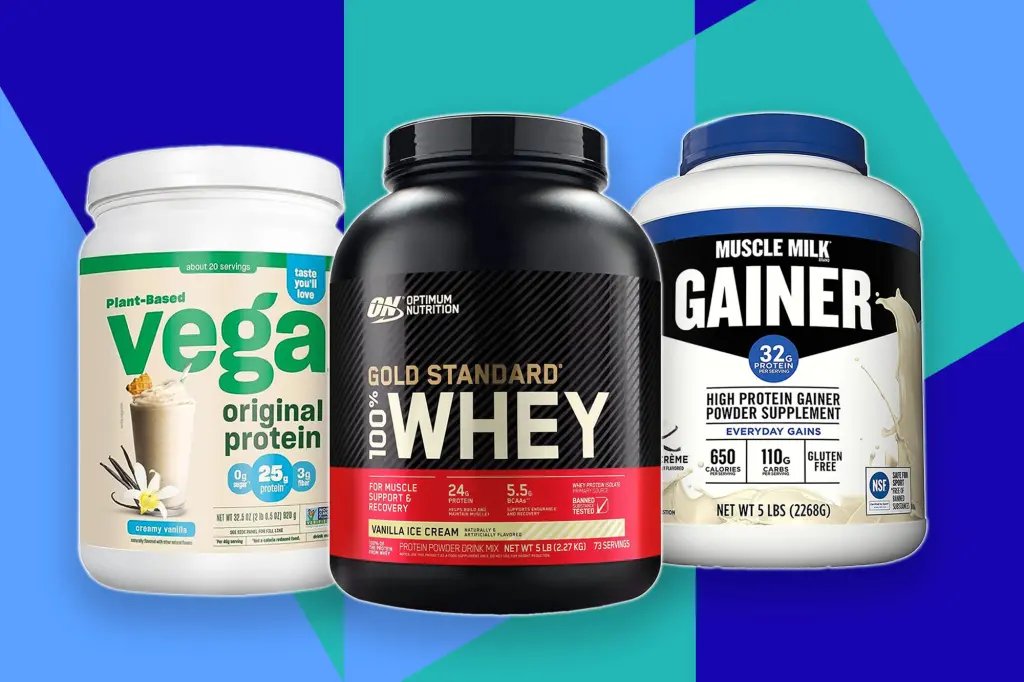
Understanding Protein Supplementation: Market Growth and Trends
Introduction
Have you noticed the buzz around protein supplementation lately? It seems like everyone—from serious athletes to those just looking to eat a bit healthier—is jumping on the protein bandwagon. And why not? Protein is a powerhouse nutrient that can help build muscle, boost energy, and even support your heart health. But wait, there’s a twist. As great as protein can be, it’s essential to consider the potential downsides of packing too much into your diet. In this friendly guide, we’ll walk through the ins and outs of protein supplements, diving into their benefits and risks, and sharing practical tips on how to make them a safe and effective part of your daily routine.
Understanding Protein Supplementation: Market Growth and Trends
The protein supplement scene is booming! In the U.S. alone, revenues hit a whopping $2.069 billion in 2021 and are on track to reach around $10.80 billion by 2030. This surge stems from a growing awareness about health and nutrition, not to mention a rising interest in plant-based options. Yes, you heard that right—plant proteins are becoming popular, with a striking growth rate of 8.7% expected over the next few years, showing that more folks are seeking sustainable and diverse choices in their diets.
The Health Benefits of Protein Supplements
Boosting Heart Health
Let’s kick things off with an exciting benefit: enhancing your cardiovascular health. Studies show that certain protein supplements, especially whey and soy, can help lower blood pressure levels. In fact, research indicates that whey protein can take down systolic blood pressure by an average of 2.3 mm Hg. This means that incorporating protein into your diet could play a crucial role in keeping your heart in tip-top shape!
Improving Your Lipid Profile
Another fantastic perk of protein, particularly soy protein, is its ability to better your cholesterol levels. It can help reduce LDL (the “bad” cholesterol) and triglyceride levels, which is vital for anyone looking to maintain a healthy heart and overall wellness. You’ve got this!
Aiding Blood Sugar Management
If you’re managing diabetes or looking to stabilize your blood sugar, here’s some good news: protein supplementation can be your friend. Research shows that whey protein can help reduce blood sugar spikes after meals. This means that it can be a powerful tool for people navigating diabetes, helping to keep complications at bay.
Potential Risks of Excess Protein Consumption
While the benefits are impressive, it’s crucial to address the other side of the coin: the risks of overdoing it on protein.
Kidney Health Considerations
One significant concern revolves around kidney health. For folks with pre-existing kidney issues, high protein consumption can lead to hyperfiltration, which might strain your kidneys over time. So, if you know you’re at risk for kidney disease, it’s super important to tread carefully when it comes to protein supplementation.
Skin Issues and Other Side Effects
Some protein enthusiasts may face skin troubles, like increased acne. This serves as a reminder to really pay attention to the type and amount of protein you’re consuming. Your body will thank you for it!
How to Apply This Information
Get to Know Your Protein Needs
Ready to make informed choices about protein supplementation? Start by figuring out what your body truly needs based on your lifestyle and health goals. Here are some steps to guide you:
1. Calculate Your Protein Requirements: Generally, the recommended dietary allowance (RDA) is about 46 grams for women and 56 grams for men. But if you’re an athlete or engaging in resistance training, you might need more—anywhere from 1.2 to 2.0 grams of protein per kilogram of body weight!
2. Focus on Whole Foods First: Before reaching for a supplement, check if you’re getting enough protein from whole foods. Lean meats, dairy, eggs, beans, and whole grains should be the foundation of your diet.
3. Timing Matters: If you do decide to use protein supplements, think about when you take them. Consuming protein shortly after workouts can help maximize muscle recovery and growth.
4. Check in with a Healthcare Provider: If you have existing health conditions, it’s a wise move to talk with a healthcare professional before diving into high levels of protein supplementation. They can help you map out a safe path forward.
Conclusion
Protein supplementation can truly be a game-changer for many of us, offering incredible health benefits if used wisely. However, it’s essential to consider your dosage and any personal health factors to strike the right balance. By understanding your unique protein needs and the potential risks, you can make smart choices that align with your health goals. Did you find this guide helpful? If so, why not share it with a friend or drop your thoughts in the comments? Remember, with the right approach, protein can support your journey toward health and fitness while keeping your well-being front and center.
Additional Resources
– Interested in learning more? Check out our other posts on “The Best Sources of Protein” and “How to Safely Increase Your Protein Intake” for more tips on optimizing your diet with protein.
Let’s embrace the journey to better health together, one protein-packed step at a time!
Hashtags: #protein #health #supplementation #help #blood #heart #into #diet #supplements #benefits #risks #about #more #levels #kidney
